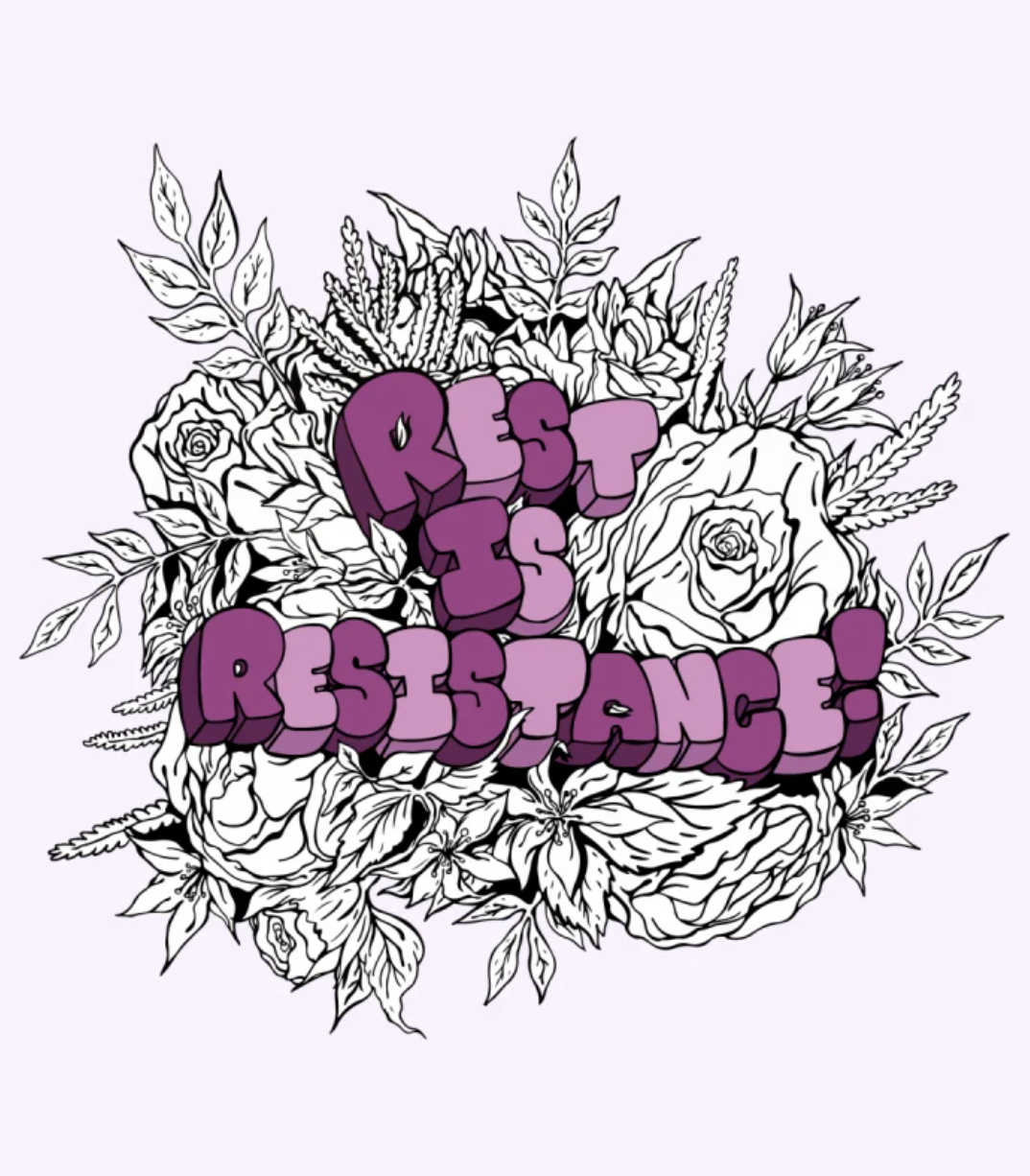Rest Isn’t Optional: Honoring Disabled Clients’ Needs
For many disabled, chronically ill, and neurodivergent people, rest isn’t a luxury—it’s a survival strategy. But in a culture that worships productivity and speed, that truth is often met with guilt, shame, or dismissal.
Rest as Resistance Disability Pride Month invites us to reimagine what wellness looks like. For many, it isn’t about striving or "overcoming" disability—it’s about living in alignment with your bodymind’s natural rhythms. That includes:
Taking breaks without apologizing
Reframing "low energy" days as communication, not failure
Refusing to push through pain, fatigue, or overwhelm
This kind of rest isn’t passive. It’s political. It’s protective. It’s an act of reclaiming agency in a world that often demands our constant output.
Therapy Should Support (Not Undermine) Your Capacity We work with many clients who come to therapy already burnt out from masking, pushing, and stretching themselves too thin. In sessions, we:
Validate the need to move slowly or take breaks
Invite silence, stillness, and gentleness into the room
Help unlearn the internalized ableism that says "rest = laziness"
Support clients in building a life that centers sustainability, not survival mode
Rest Is Not a Reward. It’s a Right. You don’t have to "earn" your rest. You don’t need to meet a crisis point to justify it. We believe therapy should reflect that. At Sprout, we recognize that disabled clients bring not only wisdom and nuance, but also needs that deserve to be honored without justification.
Final Thoughts Your pace is valid. Your capacity is not a problem to fix. In a world that moves too fast, choosing slowness is a radical act—and we’re here for it.
Looking for a therapist who honors your rhythms? Sprout Therapy PDX offers disability-affirming therapy. Reach out today to get matched with a therapist who meets you where you are.

